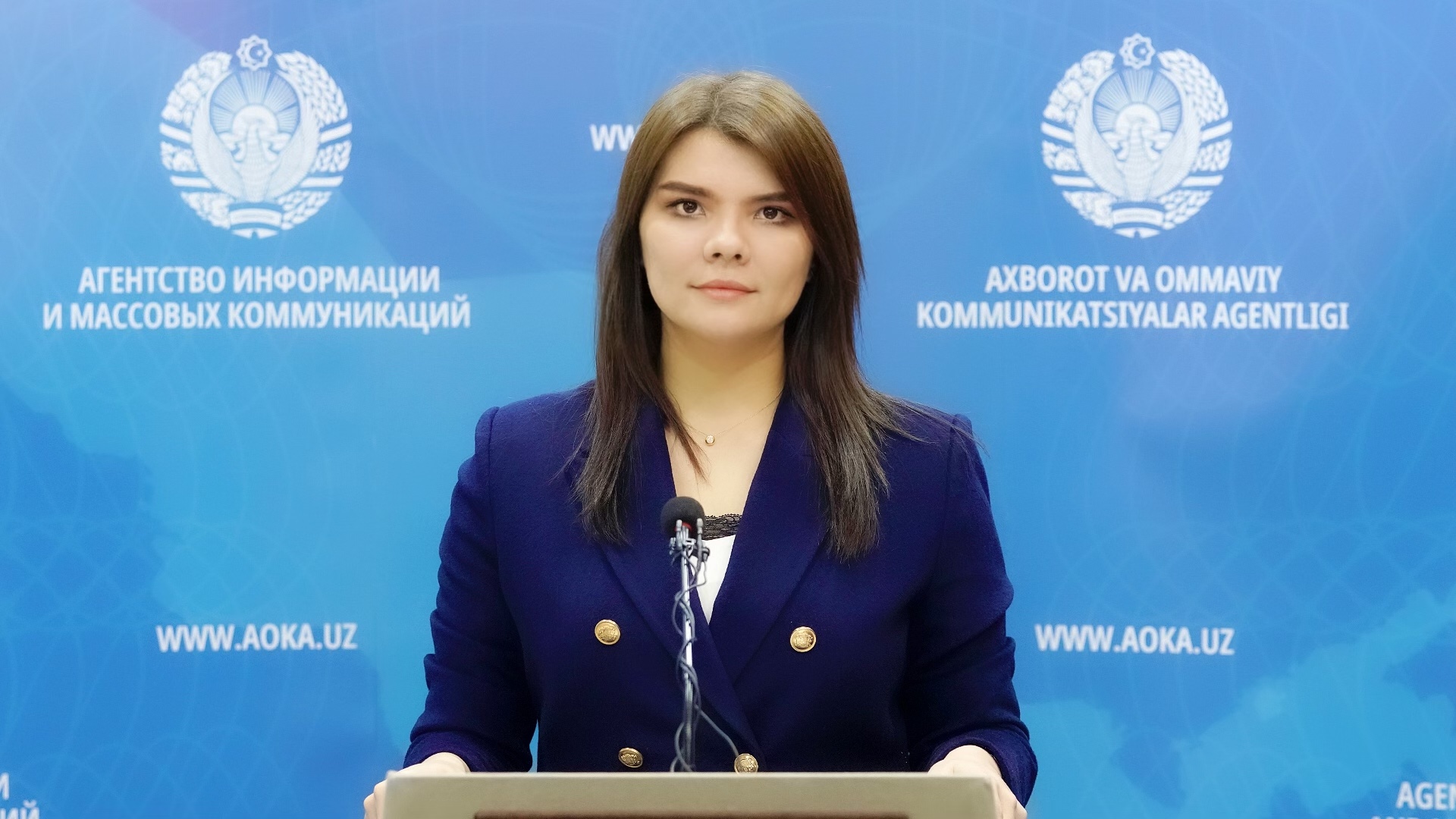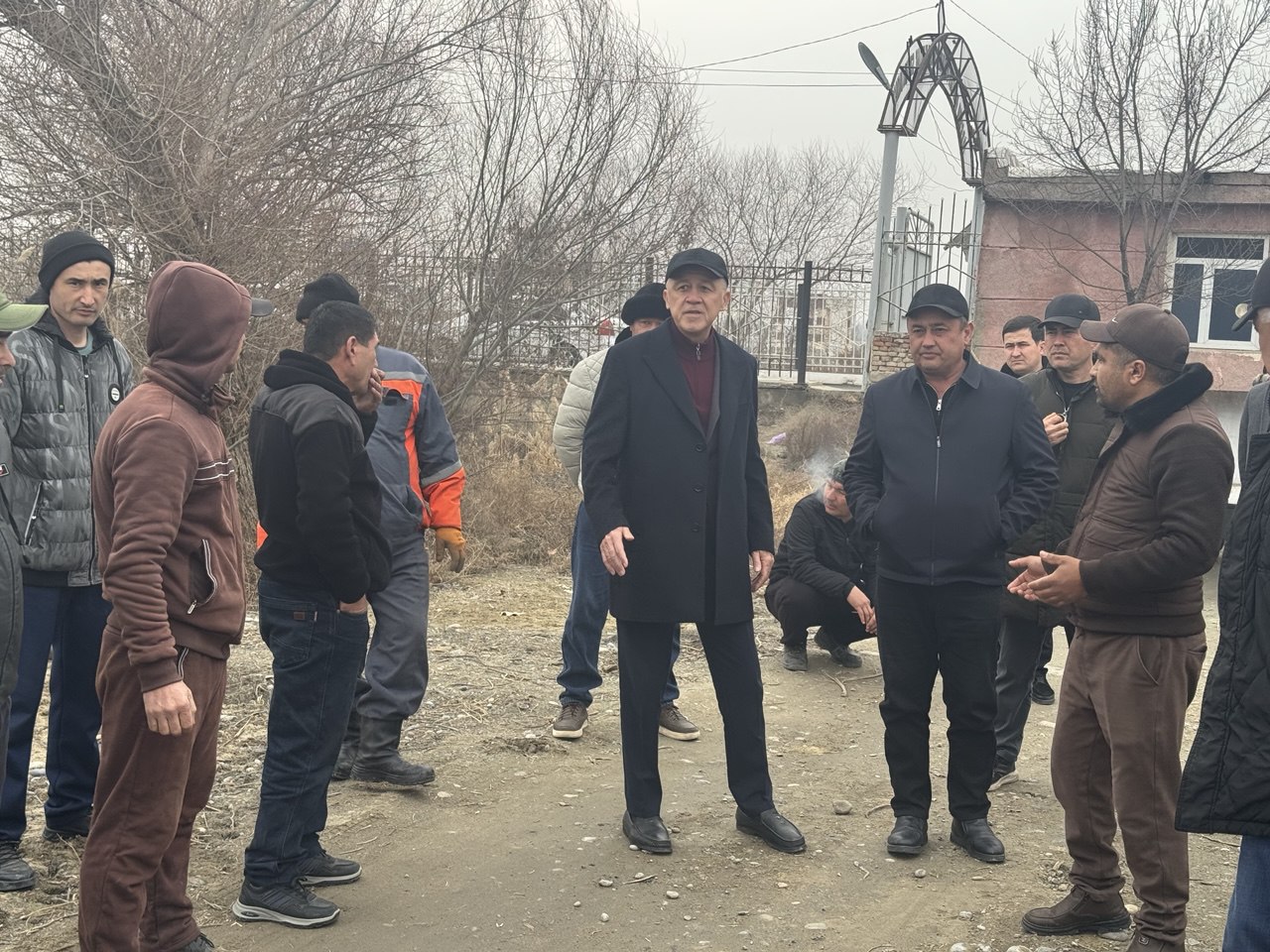In accordance with this, the Ombudsman, together with the public group for the detection and prevention torture, systematically conducts "monitoring visits" to places of detention of persons with restricted freedom of movement and 125 monitoring visits were conducted in 11 months of 2021 (at the end of 2020, the number of such visits was only 71).
57 of these monitoring visits were made to penitentiary institutions, 21 - to pre-trial detention centers, 11 - to temporary detention centers, 5 - to special reception centers for administrative detainees, 5 - to rehabilitation centers for persons without a fixed place of residence and 1 - to the center of social and legal assistance for minors.
In addition, from July to September of this year, the Ombudsman, with the involvement of representatives of the public, carried out monitoring visits to medical institutions of compulsory treatment, in particular, to the branches of the Republican Specialized Scientific and Practical Medical Center for Narcology in the Samarkand, Surkhandarya and Khorezm regions, as well as to the psychiatric hospitals of these regions and to temporary detention centers in the buildings of city and district courts in the Tashkent and Khorezm regions and the city of Tashkent.
During the monitoring visits, group meetings were held with more than 3,500 detainees and individual conversations were organized with 738 detainees in places of detention of persons with restricted freedom of movement.
Also during the visits, the conditions of detention of persons in closed institutions were studied, in particular, living conditions, food and work, the state and quality of medical care, awareness-raising activities carried out for persons with restricted freedom of movement, compliance with sanitary and hygienic rules during the coronavirus pandemic , education and more.
At the same time, a number of shortcomings were identified during the monitoring visits.
In particular, during the monitoring visits in Jizzakh and Khorezm regions, it was found that the employees working in places of detention of persons with restricted freedom of movement have no general idea about the Ombudsman and the public group under his authority.
Also, in Syrdarya, Samarkand, Surkhandarya and Khorezm, shortcomings in housing conditions, nutrition, medical and sanitary provision of persons with restricted freedom of movement were identified and the prepared information was sent to the relevant ministries and departments.
According to the information provided by the Ministry of Internal Affairs and the General Prosecutor's Office, disciplinary measures were taken against 3 employees who made deficiencies identified during the monitoring visits, the cases of 3 employees were discussed at the Disciplinary Boards and 1 employee was cautioned. In addition, the Ministry of Health imposed disciplinary sanctions on 4 employees for deficiencies and took measures to address the shortcomings.
Along with conducting monitoring visits to places of detention of persons with restricted freedom of movement, the responsible employees of the Ombudsman's Secretariat also study appeals received from persons detained in these institutions and their close relatives.
For eleven months of this year, the Ombudsman received 2,058 appeals from persons detained in places with restricted freedom of movement and their close relatives. About 50 percent of these appeals were received through the Ombudsman's Box and during mobile receptions.
574 of these appeals contained complaints against the court decision, 536 contained complaints on decisions made during the initial inquiry and pre-trial investigation and 250 were with a request to mitigate the court sentence, 121 to provide assistance to family members, 117 to provide medical assistance, 116 to organize a meeting with the Ombudsman, 78 on referrals to other institutions and 151 on other issues.
According to the results of the investigation carried out by the General Prosecutor's Office on the basis of the Ombudsman's letter on the appeals received during the initial inquiry and pre-trial investigation, it was discovered that 25 decisions to refuse to initiate a criminal case were taken ahead of schedule, they were canceled, and an additional investigation was ordered. In 16 cases, an internal investigation of the actions of employees was carried out.
On the basis of the Ombudsman's letter on appeals for commutation of a sentence or a measure of restraint, in 10 cases the sentences passed by the courts were mitigated in accordance with the law and the measures of restraint were changed.
Also, according to the letter of the Ombudsman, the relevant local executive authorities responded to the requests of convicts to provide assistance to their families and family members of 11 convicts were provided with social and material assistance, and 13 convicts, as an exception, were transferred to a penal colony in an area close to their place of residence
Press Service of the Authorized Person of the Oliy Majlis for Human Rights (Ombudsman)
























